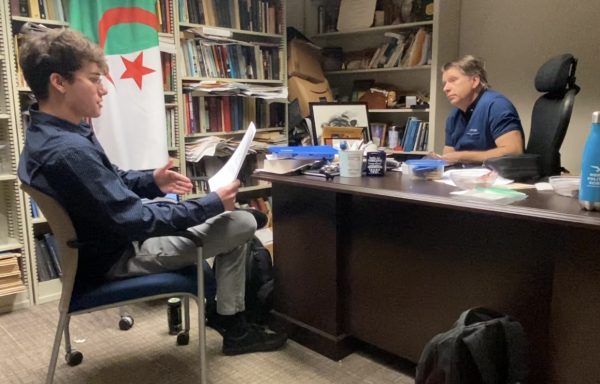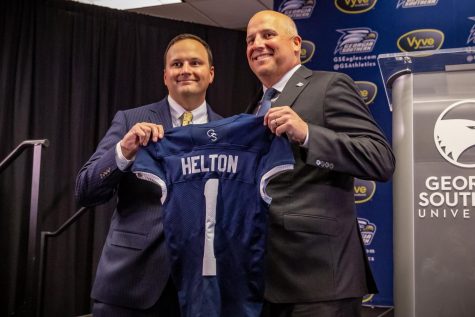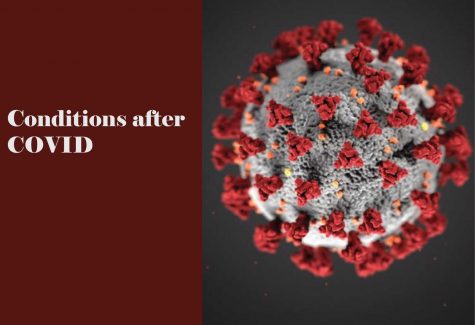Shutting down government is ‘risky business’
October 3, 2013
In theory the country’s fiscal year begins every Oct. 1, and each year an appropriations bill is passed by our legislature. This year, however, Congress failed to do so. Most people would tell you the failure to act had to do with Republican objections to “Obamacare”. The Republican-controlled House did pass a spending bill, but it included language that would have delayed the implementation of the Affordable Care Act. In reaction the Democrat-controlled Senate said it would reject the measure.
How serious is this food fight? There are at least three serious implications in shutting down government. The first has to do with the domestic economy. The shutdown will force 800,000 federal workers to be furloughed and a million more employees will work without pay. How long can families sustain that? How long can the economy (which depends on consumerism) sustain another great loss of purchasers?
The second implication has to do with huge, immediate spending cuts. Essential services such as Social Security and Medicare will continue, but if government is forced to slash spending (and it looks that way) that’s about $600 billion in annual cuts, or four percent of our GDP. Both of these implications will surely prolong the recession and may even tilt us toward the possibility of another economic collapse.
The third implication of a government shutdown is also grave. Infighting and gridlock may lead to a default in the country’s debt obligations. Until recently, lenders have regarded America as a safe debt bet, but a U.S. default would change all that. If the United States fails to honor its debt it will do irreparable harm to this country’s reputation internationally.
Shutting government down is risky business, and such action sets a very dangerous precedent for future legislative behavior. Importantly, the appropriations debacle represents a much larger and more serious ideological divide on Capitol Hill. Congressional Tea Partiers are seeking more than a government shutdown. They are seeking the destruction of the current system of government so that a new form can be built in its ashes. What might this new government look like? The Tea Party has been supported by very conservative leaders, by corporate money and by an ideologically dedicated press. These supporters are extollers of the free-market so the Tea Party’s vision for America is likely to result in less government: greater deregulation, greater fiscal austerity, and greater privatization but also more government (both punitive and repressive) in the lives of people challenging such a vision.
If there is an end game in all of this it does not bode well for those Americans who still cling to the idea that government has an important role to play in our lives and who look to the state to promote and protect the common good.












